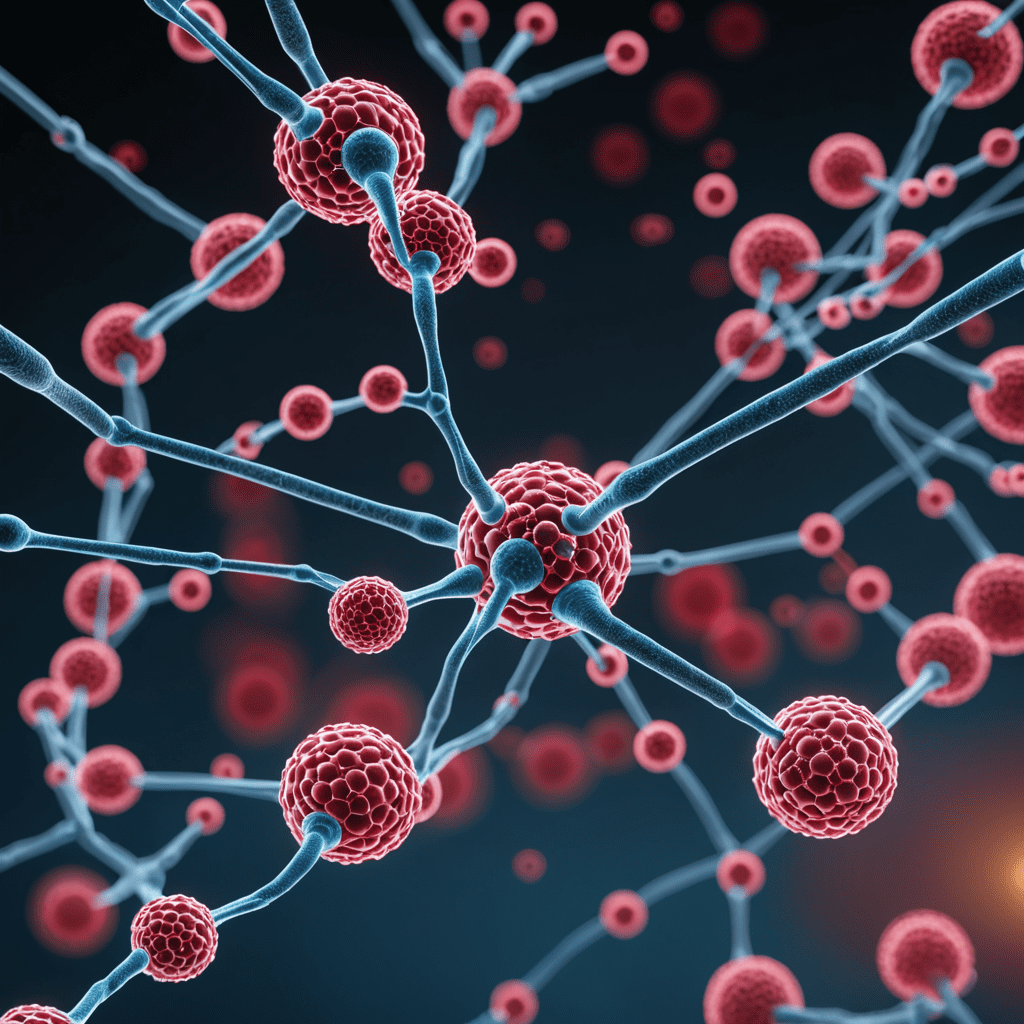Nanotechnology in Drug Delivery: Precision Medicine
Nanotechnology is revolutionizing the field of drug delivery, offering precise and targeted treatment options for various medical conditions. With the ability to manipulate and control matter on a molecular scale, nanotechnology plays a crucial role in advancing precision medicine.
The Role of Nanoparticles
Nanoparticles are at the forefront of nanotechnology-based drug delivery systems. These tiny particles, often smaller than 100 nanometers, can encapsulate drugs, protect them from degradation, and deliver them to specific target sites in the body with remarkable accuracy.
Enhanced Therapeutic Efficacy
By harnessing the unique properties of nanoparticles, researchers can ensure that drugs reach their intended targets in optimal concentrations, minimizing side effects and maximizing therapeutic efficacy. This precision allows for personalized treatment strategies tailored to individual patient needs.
Improved Bioavailability
Nanotechnology enables drugs to bypass barriers in the body that may hinder their absorption and distribution. By enhancing bioavailability, nanoparticles boost the effectiveness of treatments, leading to better outcomes for patients.
Targeted Drug Delivery
One of the key advantages of nanotechnology in drug delivery is the ability to target specific cells or tissues. Functionalized nanoparticles can be designed to recognize and bind to particular biomarkers, ensuring that the drug payload is delivered precisely where it is needed.
Controlled Release Systems
Nanoparticles can be engineered to release drugs in a controlled manner, providing sustained and steady therapeutic concentrations over extended periods. This controlled release system not only improves patient compliance but also minimizes fluctuations in drug levels, leading to more consistent treatment outcomes.
Overcoming Biological Barriers
Biological barriers such as the blood-brain barrier pose challenges for drug delivery to certain tissues. Nanotechnology offers solutions by enabling the design of nanoparticles that can bypass or penetrate these barriers, opening up new possibilities for treating previously inaccessible conditions.
Future Perspectives
As research in nanotechnology continues to advance, the potential for precision medicine in drug delivery becomes increasingly promising. By creating targeted, efficient, and personalized treatment options, nanotechnology is shaping the future of healthcare and revolutionizing the way we approach disease management.
What is Nanotechnology in Drug Delivery?
Nanotechnology in drug delivery involves using nanoparticles to deliver drugs to specific targets in the body. These nanoparticles are designed to enhance drug stability, improve bioavailability, and target specific cells or tissues, reducing side effects.
How does Nanotechnology contribute to Precision Medicine?
Nanotechnology enables precise drug delivery to specific sites in the body, allowing for personalized treatments tailored to an individual’s unique genetic makeup, disease characteristics, and response to therapy. This targeted approach enhances treatment efficacy and minimizes adverse effects.
What are the benefits of using Nanotechnology in Drug Delivery for Precision Medicine?
Some benefits include improved drug effectiveness, reduced toxicity to healthy tissues, enhanced patient outcomes, and the potential for personalized treatment strategies based on individual patient needs. Nanotechnology also allows for the development of novel therapeutics that were previously not possible with conventional drug delivery methods.


